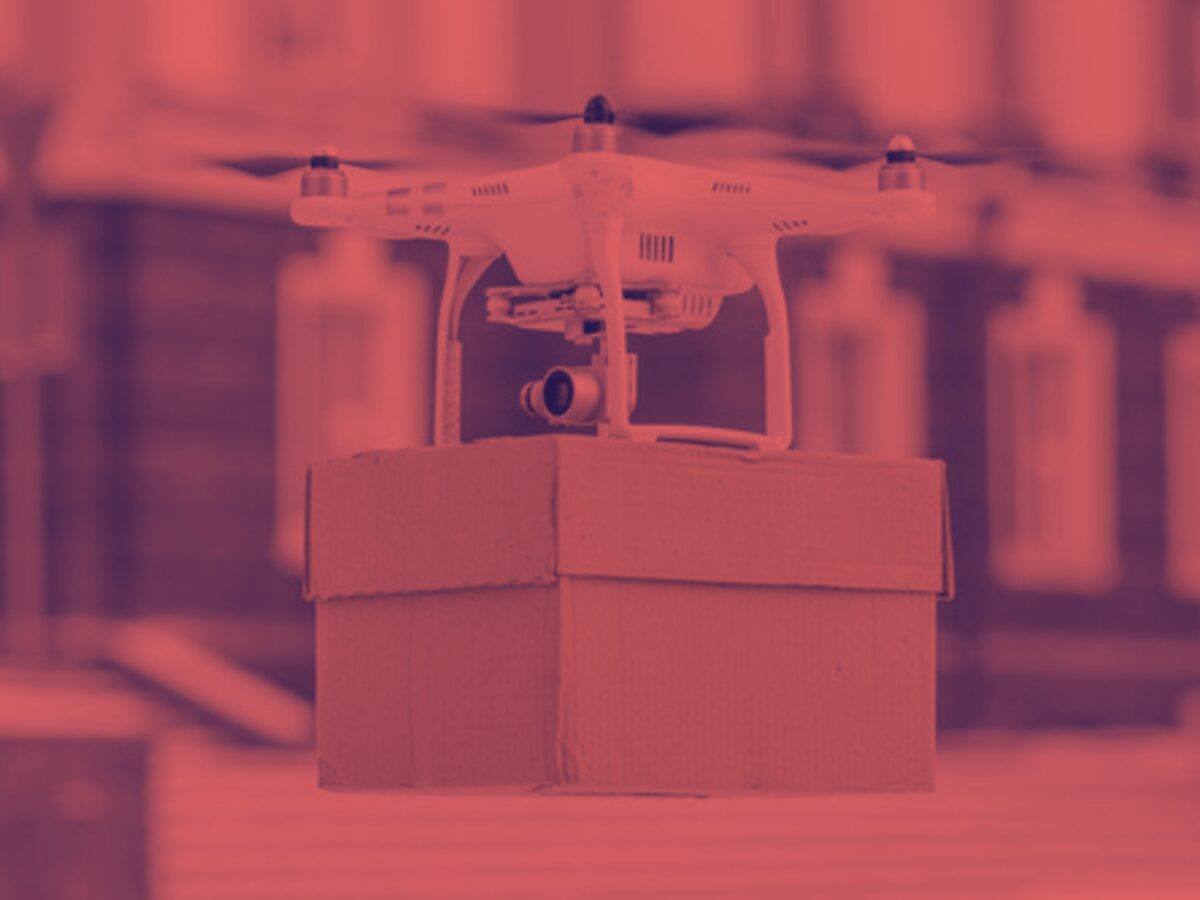
Most people are inclined to stay within their comfort zones: in business and at work, socially, even physically. We’ve learned to focus our attention where our strengths lie and tend to stay in this space, confident that we are meeting the requirements set out for us. While this mindset is understood and accepted in many environments, it is essential to realize that some of the greatest moments of innovation and learning happen when outside of that comfort zone, during a state of unease when pushing our limits.
This apprehensive aspect of growth may touch on experiences from the past: walking into an unfamiliar classroom full of unknown peers, getting behind the wheel alone for the first time, or starting a new position in a role you haven’t yet mastered. From those moments, lifelong lessons are acquired: from important social behaviors to vital safety behaviors to being open to adaptation and learning quickly. When we explore outside our normal daily parameters, it’s typical to feel nervous, wary, or scared. The possibilities of failure are many and old habits have proven to work well enough thus far. But what might happen if we move into a space less comfortable than our norm and face questionable areas head on?
Numerous coaches, therapists, and authors champion the importance of discomfort when looking for an innovative mindset. Uncomfortable scenarios look different for everyone: some may find sharing ideas publically a challenge when others have difficulty properly engaging and listening. Short deadlines can be a motivating push for one individual and an anxiety-ridden timeline for another. Certain personalities like to work as a team and others prefer to function independently. Rather than retreating from a situation that doesn’t feel easy to tackle, focus on why you want to challenge yourself. Gauge where your comfort zone ends and when you begin to feel a stretch.
Once you know where your discomfort begins, you can work toward finding an area where you can improve. Rather than completely disengaging from your current routine, make small steps in getting comfortable with new situations that can cause unease. As you become more confident and experience successes within this new scope of opportunity, you may find yourself more receptive to change and even begin to seek out challenges that stir creativity and innovation. New skills always feel awkward at first – but trying things differently allows us to perceive things in fresh light and lends the opportunity to approach challenges with unexpected solutions.


